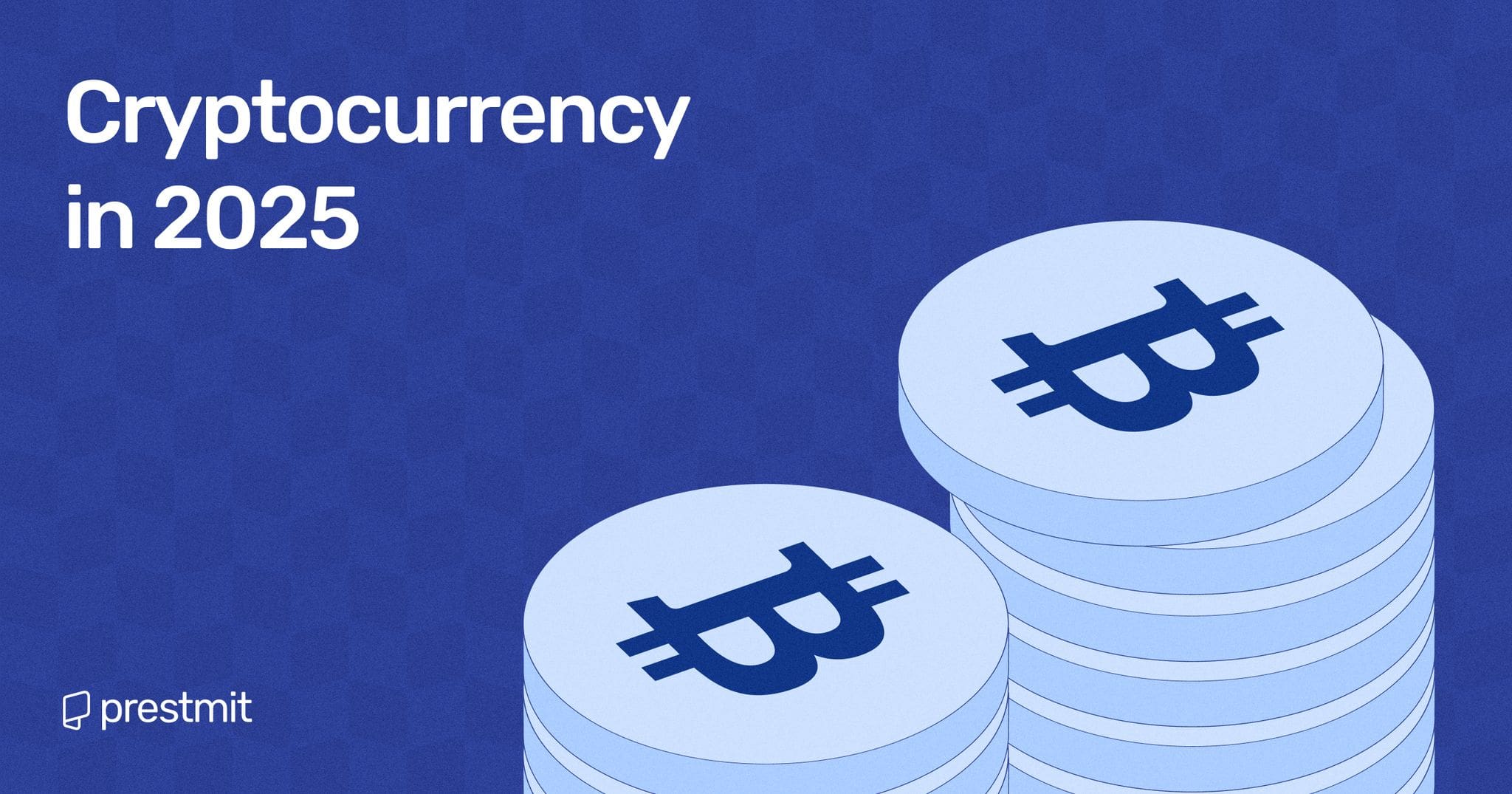Apex Legends and the Steam Deck: A Troubling Disconnect
In a recent announcement that sent ripples through the handheld gaming community, Respawn Entertainment declared its decision to withdraw support for Apex Legends on the Steam Deck—a device that has become synonymous with portable gaming for enthusiasts. This decision, which seems to stem from rampant cheating issues associated with the Linux operating system commonly found on the handheld, has sparked conversations about accessibility, gaming integrity, and the future of cross-platform play.
 The popular battle royale faces challenges on the Steam Deck due to cheating concerns.
The popular battle royale faces challenges on the Steam Deck due to cheating concerns.
A Shift in Gaming Landscape
The gaming landscape has never been static; it shifts and evolves with each new update, patch, and policy change. The removal of support for Apex Legends on the Steam Deck represents not only a challenge for casual players but raises questions about the balance between combating cheating and maintaining accessibility. In a blog post, Respawn stated,
“In our efforts to combat cheating in Apex, we’ve identified Linux OS as being a path for a variety of impactful exploits and cheats. As a result, we’ve decided to block Linux OS access to the game.”
This strategy echoes a trend seen among many other developers, who often prioritize game integrity over accessibility, resulting in mixed reactions from the gaming community. While it’s understandable that Respawn strives to preserve fair competition in Apex Legends, especially for those who aim to hone their skills, the casual gamers who enjoy a relaxed session on their Steam Deck will feel increasingly alienated.
The Technical Hurdles Ahead
For those affected, the workaround suggested involves installing Windows on their Steam Deck. While some gamers may feel comfortable navigating this process, many others may find it daunting or unnecessary. For many players, moving away from the convenience of Linux to Windows represents a significant and potentially unwelcoming adjustment. This shift is unfortunate considering Apex Legends previously held a decent standing among the top 50 played games on the handheld in the last year.
Those less technically inclined may now find themselves excluded from a gaming experience they once enjoyed, making the question of accessibility a pressing one for the future of portable gaming.
Competitive Gaming vs. Casual Enjoyment
As Apex Legends continues to thrive on console and PC platforms, it faces the dilemma of prioritizing competitive integrity over broader accessibility. Other games have traversed this road and often found themselves at crossroads where they must choose which player base to prioritize.
Already, titles like Fortnite have opted not to fully support the Steam Deck, confining their battle royale ecosystems primarily to traditional gaming platforms. Many players engage in these games for both competitive play and casual enjoyment; with Apex’s recent decision, the balance appears skewed.
In an environment where gaming is more social than ever, the need for developers to cater to both competitive players and casual gamers cannot be overstated. Those who enjoy a light-hearted session in bed, tapping away on their handheld, should not have to compromise their hardware for a substantial gaming experience.
Looking Forward: The Community’s Response
The community’s response to Respawn’s decision has been a mix of disappointment and resignation. Many echo the sentiment that the company’s choice may lead to a reduced player base, especially among Steam Deck users. Conversely, some proponents of fair play argue that such measures are necessary to maintain the game’s competitive integrity.
Regardless of opinions on the matter, players are encouraged to keep an eye on future updates related to anti-cheat improvements that Respawn plans to roll out over time. For now, however, the temporary abstention leaves a bitter taste for Steam Deck players, who may feel disregarded in the face of broader issues in the gaming community.
Conclusion: A Call for Balance
The evolving relationship between platforms like the Steam Deck and games such as Apex Legends showcases the inherent struggles developers face in balancing competitive play with accessibility. As the gaming community continues to grow, the lack of support for certain popular titles on handheld devices highlights a potential oversight that could infringe upon casual gamers’ right to enjoy these worlds. In the interim, those wishing to continue playing will have to consider the technical hurdles of switching operating systems—an intimidating prospect for many. The future remains uncertain, but it’s clear that both players and developers must engage in conversations that foster a gaming environment where integrity does not come at the expense of accessibility.
For further updates, keep an eye on the Official Site and check out More Resources.


 Photo by
Photo by 












